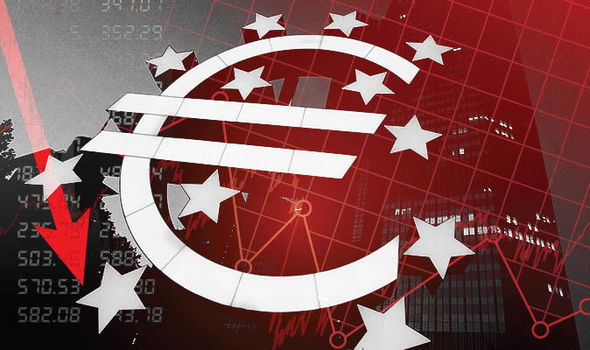Europe Facing Serious Headwinds

Analysts believe the Eurozone is headed for a rough few months, with recession a distinct possibility. Regardless, many agree this should not stop the European Central Bank (ECB) from raising interest rates.
The normal playbook in tough times would be to encourage spending with more relaxed monetary policy in a bid to avert a recession. However, this year is different from previous periods of trouble and needs to be treated on its own merits.
During the economic downturn of 2012, Europe was driving austerity measures in the aftermath of the global financial crash. Unemployment was at record highs and inflation was low. Economic stimulus was the right move.
Today, unemployment across the bloc is moderately placed at below 7%, while inflation is at record highs. The situation is almost inverted, and a tightening of monetary policy is the right move.
Europe’s growth has decreased sharply since the promising recovery from Coronavirus last summer. Gross domestic product for the region climbed a paltry 0.3% in the last quarter of 2021.
In the quarters ahead, demand will be boosted by the removal of the COVID-19 handbrake, but will also be checked by the cost-of-living squeeze of higher energy prices driven by Russia’s war with Ukraine.
What does this mean for me?
The economic outlook is complicated, but, overall, not healthy. The situation would be compounded if the ECB did not act. Interest rate hikes are required, but the reasons for them are nuanced. This explains why the ECB is not moving as fast as are other central banks.
More News
.webp)
US Dollar Faces Biggest 6-Month Drop in Half a Century
.webp)
Dollar Slips to Three-Year Low as Trump Eyes Early Fed Appointment
.webp)
AI-Powered Trading Bots Bring a New Kind of Threat
.WEBP)
Euro Value Surges as Markets React to Tariff Shock

Euro’s Slide: What’s Behind the Drop and What’s Next?

Sterling Gains Against Euro as Central Banks Move Apart

Euro Remains Steady Amid Tariff Threats
